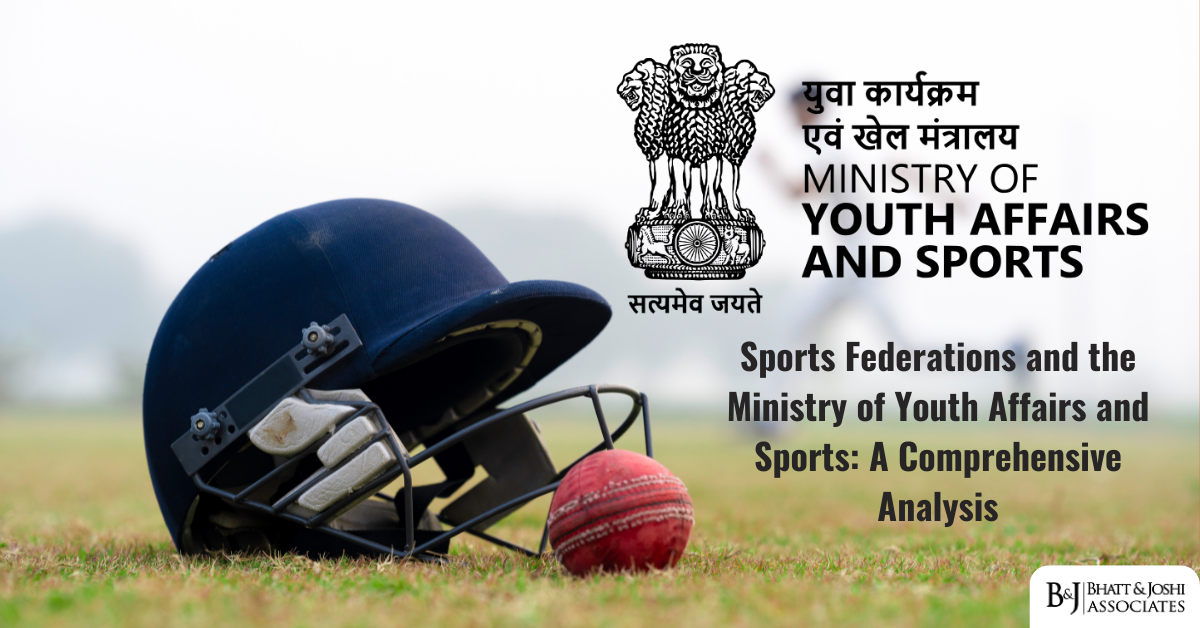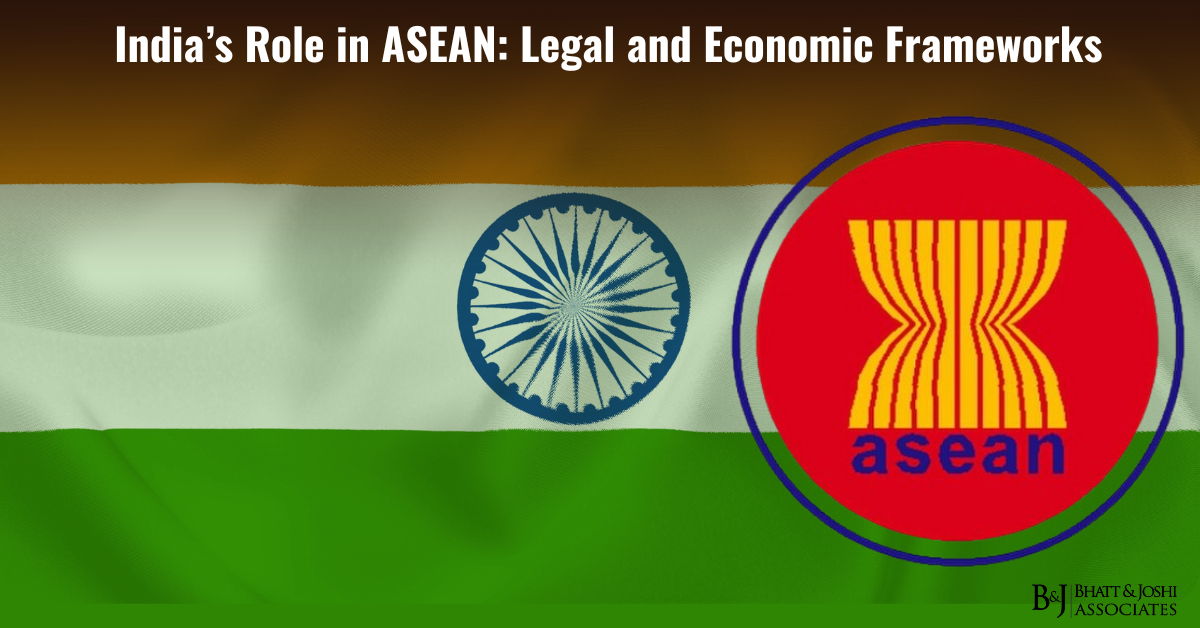Introduction
Sports federations in India operate under the supervision of the Ministry of Youth Affairs and Sports, forming a complex ecosystem that governs and promotes various sports disciplines across the country. This intricate network of organizations plays a crucial role in developing sports infrastructure, nurturing talent, and representing India in international sporting events. The relationship between these federations and the ministry has evolved significantly over the years, shaped by various policy initiatives, legal frameworks, and judicial interventions.
Historical Development of Sports Administration
The evolution of sports administration in India traces back to the pre-independence era when various sports associations were established under British rule. Post-independence, the government recognized the need for a systematic approach to sports development, leading to the establishment of the Ministry of Youth Affairs and Sports. The ministry was initially part of the Education Ministry but was later separated to provide focused attention to sports development. This period saw the emergence of numerous national sports federations, each responsible for specific sports disciplines.
Ministry of Youth Affairs and Sports
Organizational Structure
The Ministry of Youth Affairs and Sports functions as the apex body for sports administration in India. Led by a cabinet minister, it operates through various departments and divisions, each focusing on specific aspects of sports development. The ministry’s structure includes specialized wings for different sports disciplines, infrastructure development, and international cooperation. The organizational framework ensures coordination between various stakeholders, including national sports federations, state governments, and other relevant bodies.
Key Functions
The ministry performs multiple crucial functions in sports administration. These include formulating national sports policies, coordinating with various sports federations, implementing sports development programs, and overseeing the preparation of Indian teams for international events. The ministry also manages various schemes for sports promotion and infrastructure development, working closely with state governments and other stakeholders to achieve these objectives.
Policy Framework
The ministry operates within a comprehensive policy framework that includes the National Sports Policy, various schemes for sports development, and specific guidelines for different aspects of sports administration. This framework has evolved through various amendments and updates, incorporating recommendations from experts and addressing emerging challenges in sports administration.
National Sports Federations
Legal Status of National Sports Federations (NSFs)
National Sports Federations (NSFs) are autonomous bodies registered under the Societies Registration Act, 1860. Their legal status has been subject to various interpretations and judicial pronouncements, particularly regarding their public character and accountability. The Supreme Court’s judgment in Board of Control for Cricket in India vs Cricket Association of Bihar (2016) significantly impacted the understanding of sports federations’ legal status and their obligations towards public accountability.
Recognition Process of National Sports Federations
The process of recognition for sports federations involves meeting specific criteria set by the ministry. This includes demonstrating proper governance structures, financial transparency, and adherence to the National Sports Development Code. The recognition process has been strengthened through various reforms and guidelines, ensuring greater accountability and transparency in federation operations.
Governance Structure of Sports Federations
Sports federations maintain their internal governance structures while complying with ministry guidelines. This includes having elected bodies, maintaining proper documentation, and ensuring transparency in operations. The governance framework must align with international standards and national regulations, as established through various legal precedents and ministry directives.
Regulatory Framework of Sports Federations in India
National Sports Development Code
The National Sports Development Code of India serves as the primary regulatory document governing sports federations. It establishes guidelines for federation recognition, governance, age and tenure limits for officials, and various other aspects of sports administration. The code’s implementation has been reinforced through various court judgments, including the Delhi High Court’s decisions regarding its applicability and enforcement.
Sports Law
While India lacks a comprehensive sports law, various legal provisions govern sports administration. These include provisions under the Societies Registration Act, guidelines issued by the ministry, and various court judgments that have shaped the legal framework for sports governance. The need for a dedicated sports law has been debated extensively, leading to various draft proposals and recommendations.
Legal Precedents
Numerous court decisions have shaped the regulatory framework for sports federations. These include judgments on federation autonomy, government control, election processes, and transparency requirements. Notable cases like the Indian Olympic Association disputes and various federation-specific cases have established important principles in sports administration law.
Administrative Control of Sports Federations
Government Oversight
The ministry exercises oversight over sports federations through various mechanisms, including recognition criteria, funding controls, and performance monitoring. This oversight balances federation autonomy with public accountability, as established through various policy decisions and legal interpretations.
Funding Mechanisms
Sports federations receive funding through multiple channels, including government grants, sponsorships, and internal revenue generation. The ministry has established detailed guidelines for fund allocation and utilization, ensuring proper accountability and effectiveness in resource use. The funding framework includes performance-linked components and specific criteria for different categories of sports.
Accountability Measures
Various accountability measures ensure proper functioning of sports federations. These include regular audits, performance reviews, and compliance requirements with ministry guidelines. The accountability framework has been strengthened through various reforms and judicial interventions, promoting transparency and good governance.
Sports Authority of India
The Sports Authority of India (SAI) works closely with sports federations in implementing various development programs. SAI provides infrastructure support, training facilities, and technical expertise to different sports disciplines. The relationship between SAI and sports federations is crucial for talent development and sports promotion at the grassroots level.
International Relations
Sports federations play a crucial role in maintaining relationships with international sports bodies. They represent India in international forums, participate in global sporting events, and ensure compliance with international standards. The ministry provides support and guidance in these international engagements while ensuring alignment with national interests.
Major Challenges Faced by Sports Federations
Sports federations face various challenges, including governance issues, funding constraints, and infrastructure limitations. Administrative inefficiencies, political interference, and coordination problems between different stakeholders often affect their functioning. The ministry works to address these challenges through policy interventions and reform measures.
Recent Developments in Sports Administration
Recent years have witnessed significant developments in sports administration, including reforms in federation governance, enhanced funding mechanisms, and improved coordination between stakeholders. The ministry has introduced various initiatives to strengthen the sports ecosystem, including the Khelo India program and specific schemes for different sports disciplines.
Future Prospects of Sports Administration
The future of sports administration in India holds both opportunities and challenges. The emphasis on sports development, increasing public interest, and government support create positive prospects for growth. However, addressing existing challenges and implementing comprehensive reforms remains crucial for realizing the full potential of Indian sports.
Conclusion
Sports federations and the Ministry of Youth Affairs and Sports form a complex but essential framework for sports development in India. While significant progress has been made in establishing systems and processes for effective sports administration, continuous evolution and improvement are necessary. The success of this ecosystem depends on maintaining a balance between autonomy and accountability, while ensuring focused development of sports at all levels.














